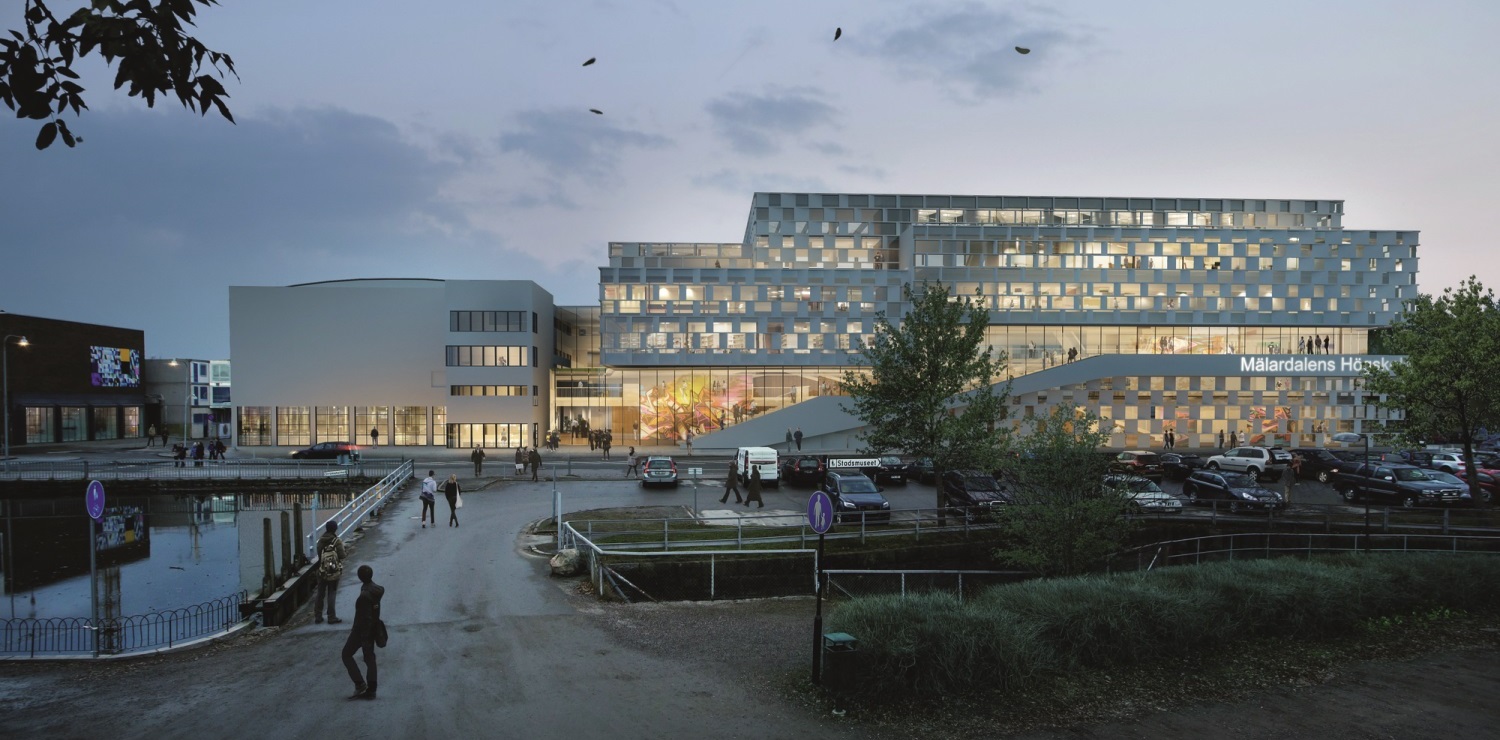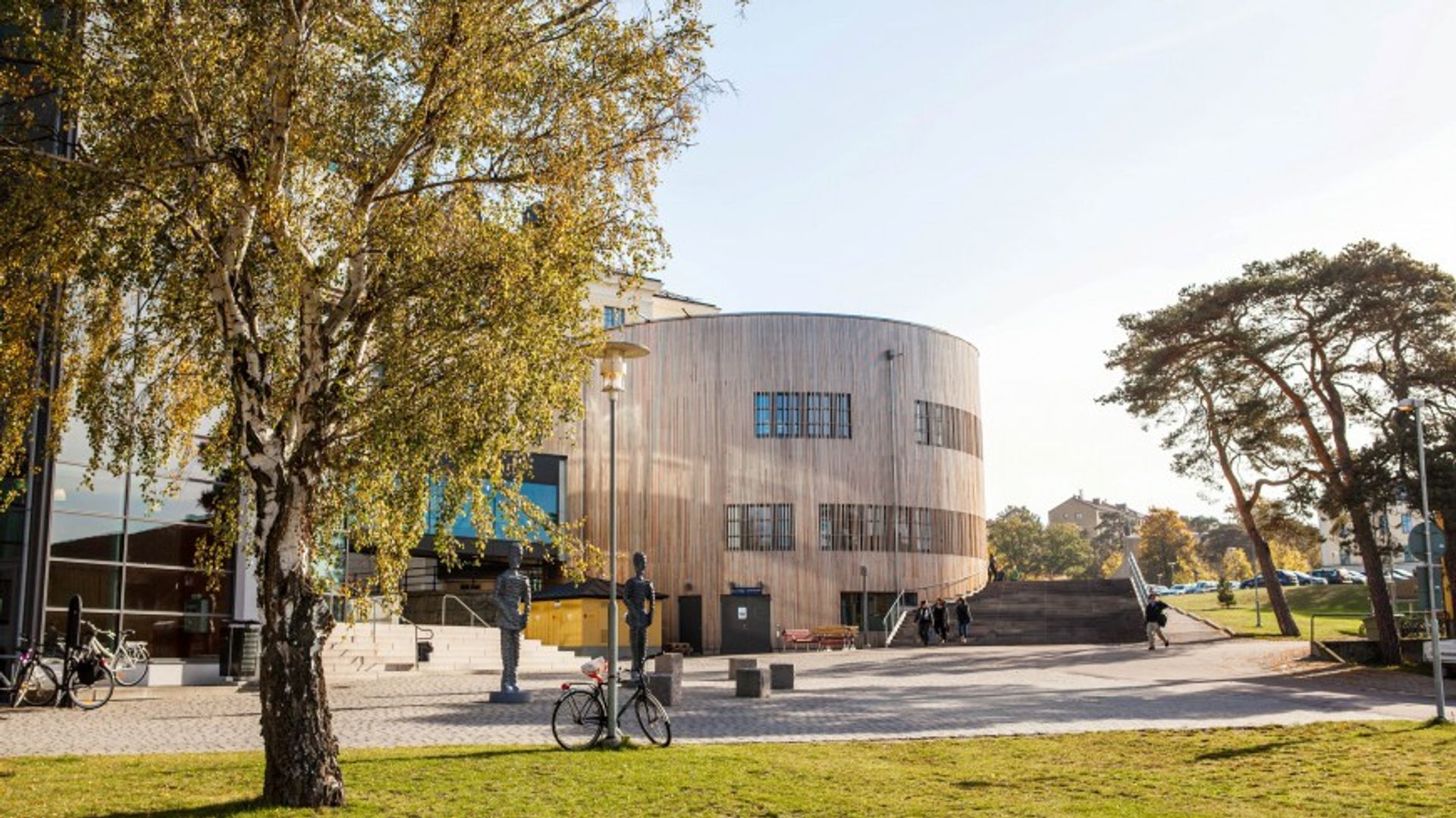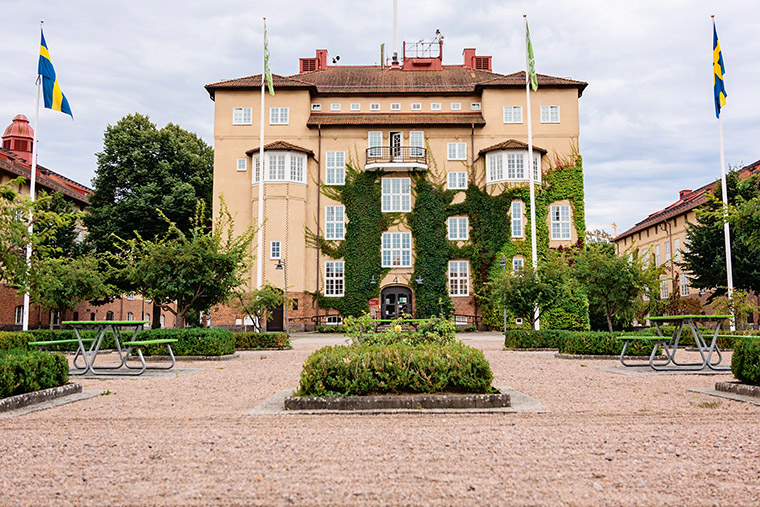
To better serve our students worldwide, NextStep is now Uniplanr — your smarter, smoother, study-abroad companion. Visit us at our new home:

Degree: Master of Science in Health Informatics (120 credits)

As one of the world’s foremost medical universities, KI accounts for the single largest share of all academic medical research conducted in Sweden. KI also offers the country’s broadest range of education in medicine and health sciences.
The Joint Master's Programme in Health Informatics is tailored for students with backgrounds in health sciences or computer and systems science. It focuses on enhancing healthcare through information technology, providing essential skills in healthcare information systems and advanced data science. The program includes a collaborative thesis project and prepares graduates for various roles that bridge healthcare and technology, ultimately contributing to safer and more efficient healthcare services.
Graduates of the Health Informatics program can pursue a range of careers, such as project managers, Chief Medical Information Officers, and IT managers. Their interdisciplinary expertise positions them to effectively bridge the gap between healthcare needs and technological solutions, contributing to improved healthcare delivery and data management processes.

Karolinska Institutet is located in Solna, a suburban municipality in Stockholm, Sweden. Known for its rich history in medical research and education, Stockholm is the capital city of Sweden, famous for its beauty, culture, and a high standard of living. The city features numerous parks, museums, and the iconic archipelago, comprising thousands of islands. It is recognized for its innovative spirit and is often considered one of the world’s most livable cities. The cost of living is relatively high compared to other cities, with accommodation being a significant expense. However, the vibrant student life, cultural events, and public transportation make it an appealing environment for students, including those with families.
Living in Solna offers students easy access to the larger Stockholm area, which enhances social and academic experiences. The city has a variety of housing options, though prices can be steep, particularly for those seeking family accommodations. Public transport is efficient, facilitating easy commutes to the university and around the city. Social events, student organizations, and cultural activities contribute to a vibrant student life, making it a welcoming environment for both national and international students, including those with families. Overall, while the cost of living is high, the quality of life and opportunities for personal growth in Solna and Stockholm are significant advantages.
The job market in Stockholm for health informatics professionals is robust, with many opportunities in hospitals, healthcare organizations, and IT firms specializing in health technology. Students can look for part-time positions at hospitals, research facilities, or startups focused on health informatics during their studies, which could lead to full-time opportunities after graduation.




























































































































































































































































































































































































































































































































































































































































































